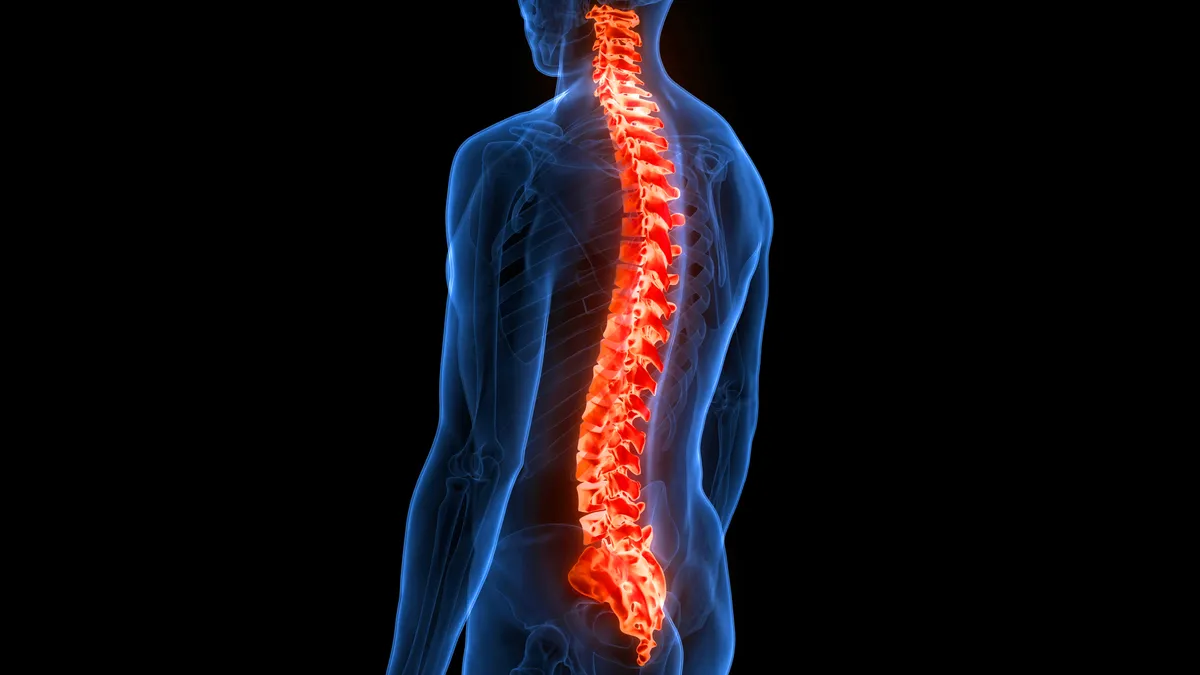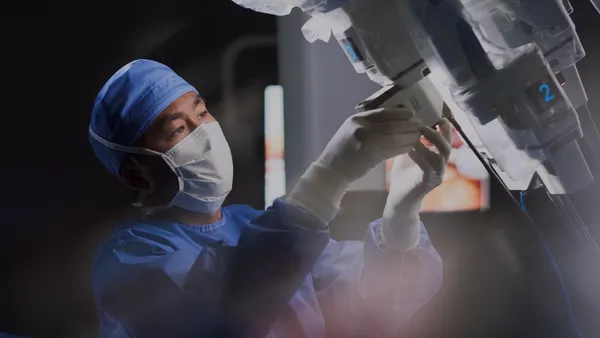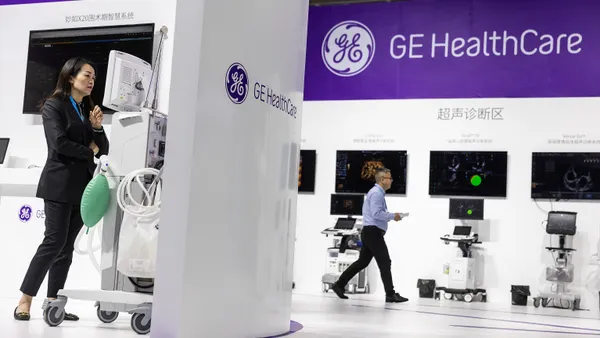Dive Brief:
- Renovos Biologics has received breakthrough designation for a synthetic nanoclay gel scaffold designed to support localized bone formation.
- The Food and Drug Administration granted breakthrough status to a product, Renovite BMP-2, that Renovos sees as an alternative to bone graft materials for interbody spinal fusion.
- Medtech company Biocomposites invested in Renovos last year to help fund pre-market approval in spine, trauma and orthopedics applications.
Dive Insight:
When injected, Renovite acts as a scaffold for cells and helps localize and retain molecules that stimulate healing, according to Renovos. The properties of the gel led the company to use it to deliver a protein, BMP-2, that can induce the formation of ectopic bone. Renovos aims for the gel to provide an environment that supports cell attachment and infiltration.
Injected during either open or minimally invasive procedures, Renovite absorbs and binds protein from blood to cross-link the gel. The cross-linking is intended to prevent the gel from spreading beyond the injection site. Renovos binds BMP-2 in the gel to limit its interactions to cells that invade the material. As cells are exposed to the protein, Renovos believes regenerated tissue will gradually replace the scaffold.
The breakthrough designation will provide Renovos with additional access to the FDA as it works to bring Renovite BMP-2 to market. Participants in the program benefit from more frequent interaction with the agency and prioritized reviews, reflecting the FDA’s belief the devices may provide significant advantages over the standard of care.
Renovos can also draw on the experience of its investor Biocomposites, a British developer of bone and tissue repair and regeneration products with a 20-year history of bringing devices to the U.S. market. In a statement, Biocomposites CEO Michael Harris said his company’s “expertise in this field ideally positions us to support and enhance Renovite’s progress towards pre-market approval.”











